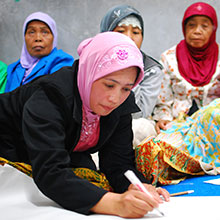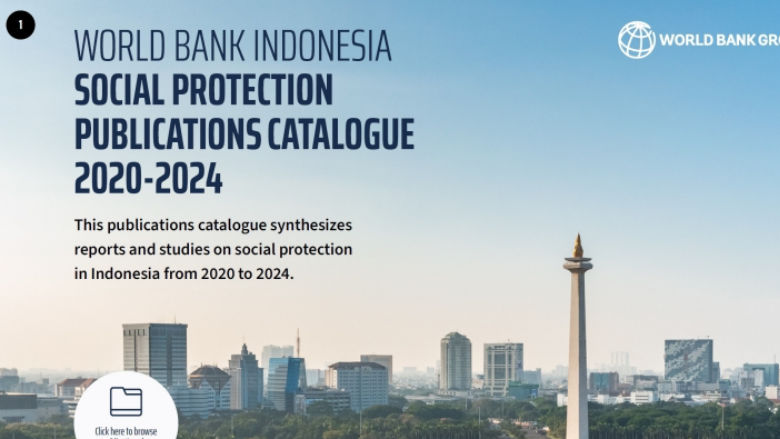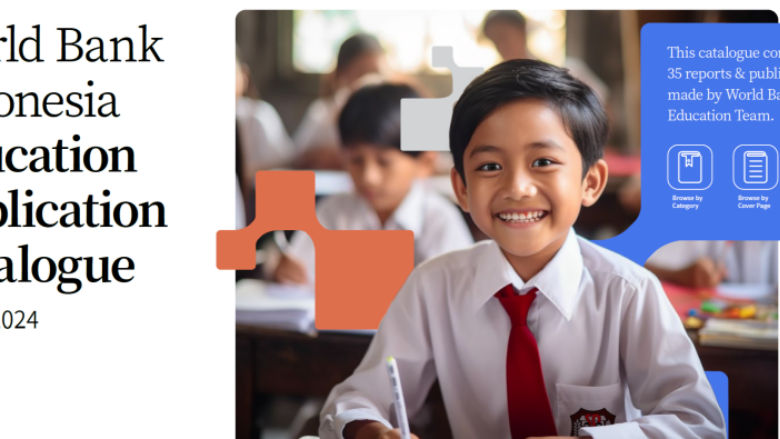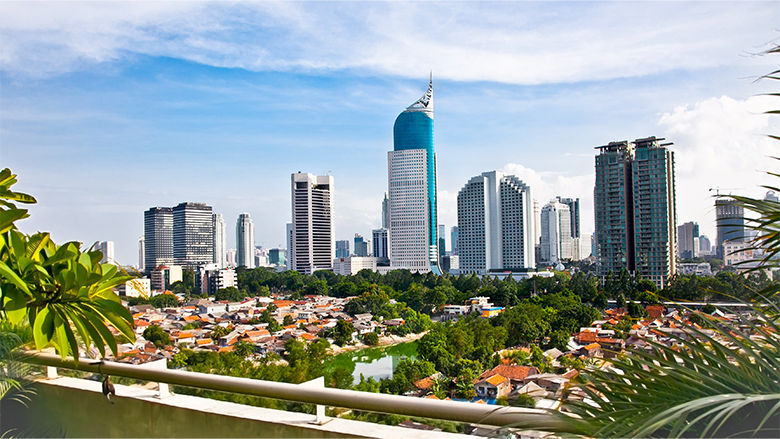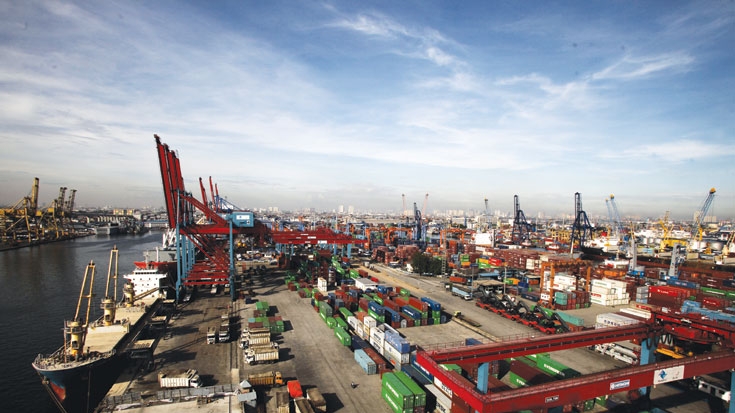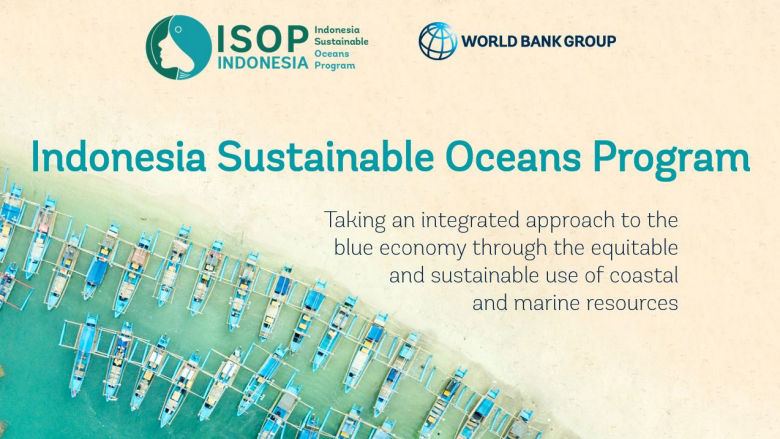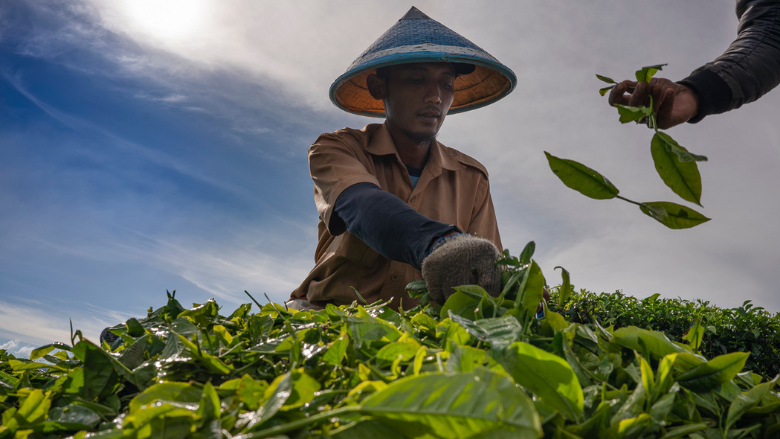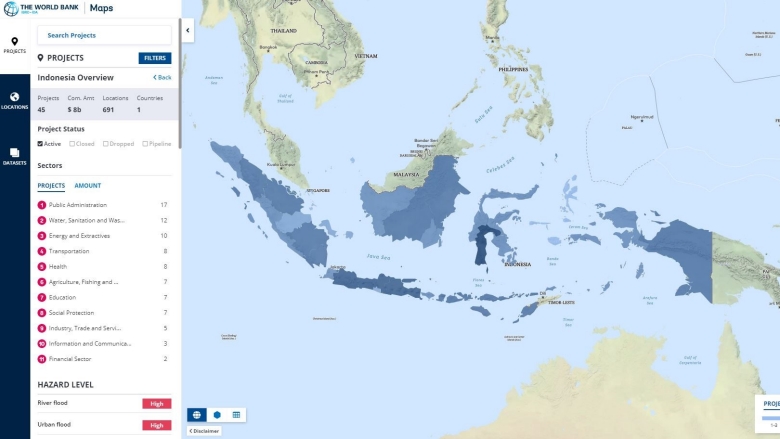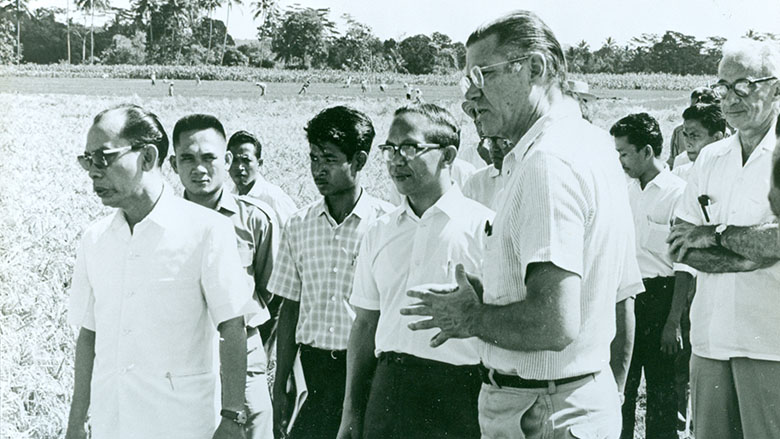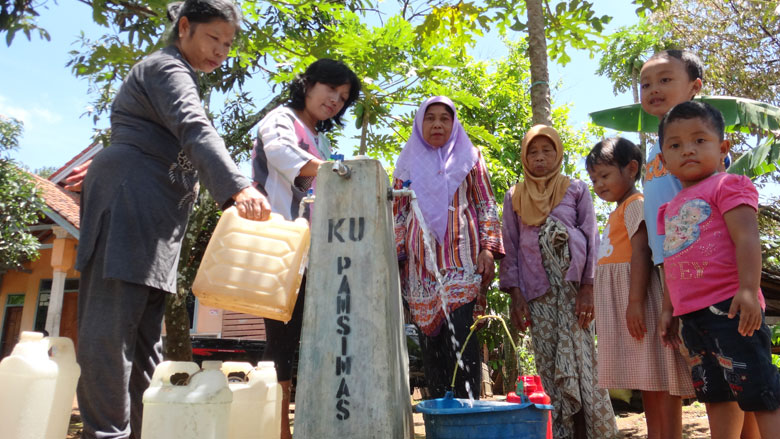Through the fully disbursed COVID-19 emergency response financing and additional financing, the World Bank and its partners, including Asian Infrastructure Investment Bank (AIIB), the German state-owned investment and development bank (KfW), and the Government of Australia have been supporting Indonesia to strengthen the country’s response to the COVID-19 pandemic. Key achievements through this financing include the rollout of a national free vaccination program for adults, the securing of multiple sources of vaccine supplies, expanding the PCR network from 49 to more than 1,100 testing labs (March 2020 - June 2023), over a two-fold increase in hospital capacity for isolation and critical care beds, as well as the government’s continued commitment to cover COVID-related treatment costs for all.
Promoting human capital is an important priority for Indonesia. The National Strategy to Accelerate Stunting Prevention, which was informed by advice from the World Bank and supported by the Investing in Nutrition and Early Years (INEY) Program, has reduced the national stunting rate by 9.2 percentage points in its four years of implementation since 2018. In 2022, the National Strategy to Accelerate Stunting Prevention (Stranas Stunting) has been rolled out to 514 districts in Indonesia. The duration and scope of INEY program is now being expanded.
Since 2018, the I-SPHERE program has laid a foundation for the broader Ministry of Health's transformation agenda, especially on quality of primary health care, interoperability of health information systems, and a focus on financial management capacity at the subnational level. More than 1,800 primary health care facilities (Puskesmas) received a higher accreditation for their improved quality and performance of health services, and over 1,000 health worker teams have been deployed in Indonesia's remote areas.
Indonesia’s health system also aims to increase notification and completion of treatment for Tuberculosis (TB) cases. The World Bank provides financial support to improve the coverage, quality and efficiency of TB response, and is helping the Indonesian Government to move towards its goal of reducing new TB cases by 90 percent by 2030.
The World Bank is supporting Indonesia to strengthen the quality and efficiency of its National Health Insurance program (JKN), as part of the efforts to improve health care delivery, expand coverage, provide financial protection and invest in Indonesia’s human capital. All of JKN’s approximately 250 million beneficiaries, 40 percent of whom are poor or near poor, are expected to benefit from these improvements.
Since its launch in 2015, the World Bank has supported the design, implementation, and coverage expansion of the National Social Security Scheme, which provides protections against employment-related risks. Through a Human Capital Development Policy Loan in 2022, the World Bank has been a critical contributor to the recently launched unemployment insurance program (JKP) which provides a temporary cash benefit and re-employment support for those facing lay-offs.
The World Bank’s 2017 support to the government’s Family Hope Program or Program Keluarga Harapan (PKH), which provides cash transfers to poor beneficiary households to encourage use of maternal and child-related health services and incentivized school attendance and enrollment, has resulted in, among others, expanded coverage and benefit levels increased school enrollment, and continued behaviors in education and health after receiving the program’s intervention. Further, in 2020, as part of COVID-19 response, the World Bank provided additional financing for social assistance reform program which temporarily topped-up cash transfers to existing PKH beneficiaries.
The Realizing Education’s Promise project has supported improvements to Indonesia’s primary and secondary education schools under Ministry of Religious Affairs (MORA). A total of 5,576 Islamic schools (madrasahs) each received grants of IDR150 million (US$10,000) to improve learning environment and 7,847 facilities (by end of 2023), and 9,163 peer working groups were formed for teachers’ professional development. Student’s learning outcomes are monitored through competency-based assessments implemented in 24,861 primary level madrasahs, whose result was used for further improvement of teaching quality.
The World Bank assists Indonesia in bolstering its financial response to natural disasters through the Disaster Risk Finance and Insurance (DRFI) Project and Indonesia Infrastructure Financial Facility (IIFF) Project. While the DRFI Project lets the World Bank, among others, support the government to design and implement financial solutions to manage disasters and shocks related to climate change, the IIFF Project allows the World Bank to mobilize private investment for climate resilient infrastructure. Together with the Asian Development Bank and International Finance Corporation, the World Bank is involved in activities such as mainstreaming of climate change adaptation investments.
The World Bank’s Sustainable Landscape Management Program assists the government in reducing deforestation and forest degradation and promoting more equitable growth through the sustainable use of forest resources. The Program to Accelerate Agrarian Reform, which aims to support Indonesia in providing clarity on land rights and land use in the non-forest areas of Sumatra and Kalimantan, had registered more than one million land parcels in non-forest areas by 2021.
To strengthen the country’s efforts to increase the financing for climate action in Indonesia, the World Bank supports the government’s carbon pricing instruments and started a results-based payment commitment to support reduction of emissions from deforestation through the East Kalimantan Jurisdictional Emissions Reductions Program. As part of this program, an advance payment of US$20.9 million was made to Indonesian Government on November 8, 2022.
Given the critical role mangroves play for carbon storage and coastal resilience, the World Bank supports the government’s National Mangrove Program through the Mangroves for Coastal Resilience (M4CR) project, aimed to enhance the management of mangroves and the livelihoods of local communities in selected coastal landscapes. The project’s goals are to restore 75,000 hectares of mangroves and benefit 650,000 people in four provinces.
To encourage Indonesia’s transition to blue economy, the World Bank implements the Indonesia Sustainable Oceans Program (ISOP). Enacted in March 2022, the program has helped improve the effectiveness of Marine Protected Area (MPA) management and helped communities protect critical ecosystems. The World Bank has started the Oceans for Prosperity Project (LAUTRA) to enhance the sustainable management and financing of selected coral reefs and associated ecosystems, and access to economic opportunities for local communities in target areas.
Through the Improving Waste Management to Support Regional and Metropolitan Cities Project (ISWMP), the World Bank supports the government in improving solid waste management services for urban populations in selected cities across Indonesia. This includes institutional and policy development, integrated planning support and capacity building for local governments and communities, and waste infrastructure and services. In 2023, the project invested integrated waste infrastructure (TPSTs) in eight cities and districts in the Citarum Watershed in West Java and three TPSTs in Denpasar City. The project further expanded its area to six new cities and regencies (Padang, Cilegon, Depok, Indramayu, Tuban, Gianyar).
Last Updated: Oct 20, 2023



